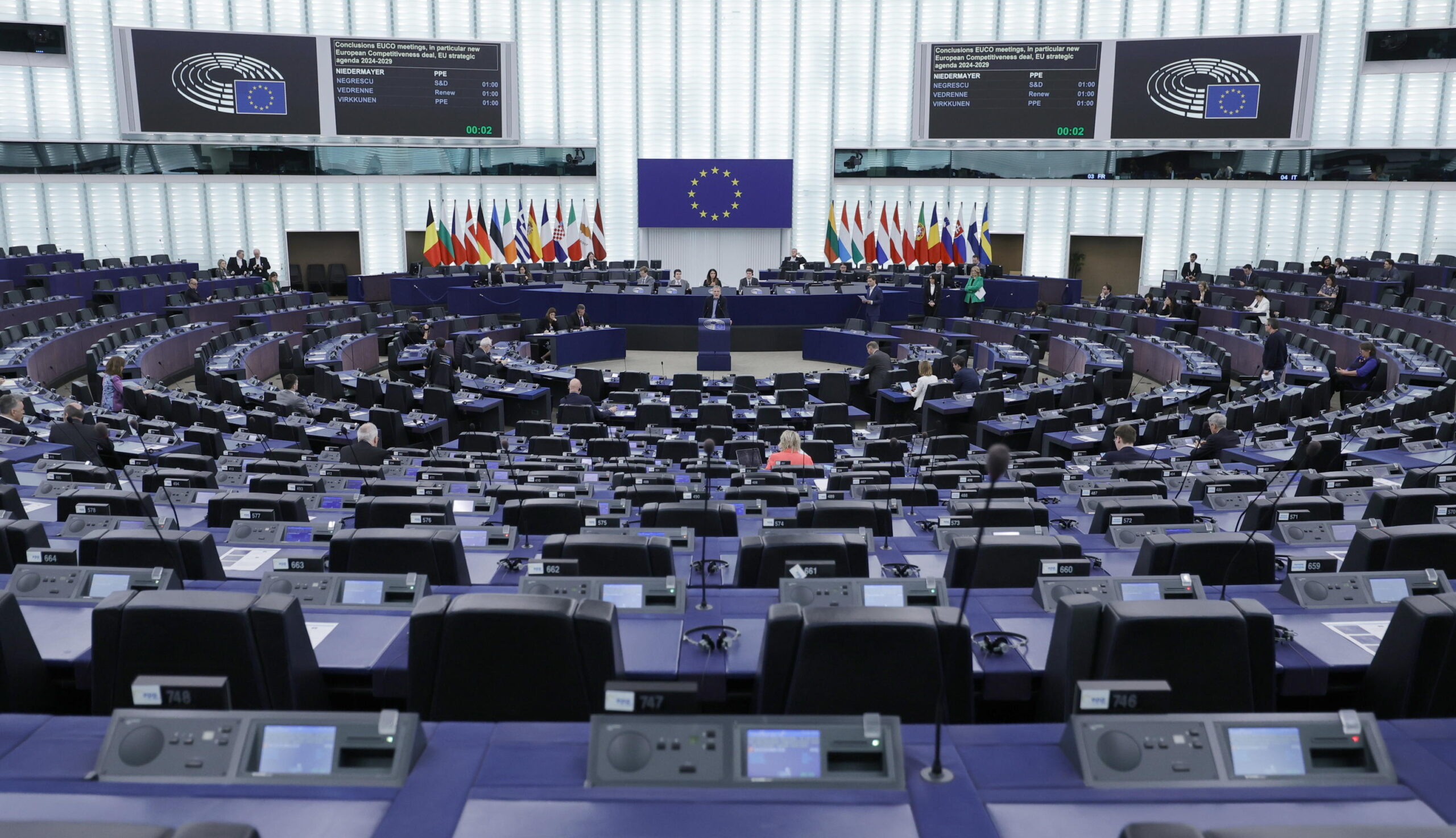On the one hand, new rules to make products more sustainable from the design stage. On the other hand, to guarantee citizens a real “right to repair”. The European Parliament today gave the green light to two measures in the name of sustainability. The first is the regulation on ecodesign, the rapporteur of which is the Italian Alessandra Moretti, MEP for the Democratic Party. The provision updates the previous directive from 2009 and its stated aim is to make certain products more durable, reliable, repairable and recyclable. The most significant innovation concerns the introduction of a “digital passport” of products, which will provide information on ecological sustainability and their origin. An additional tool available to consumers for informed decisions, but also an incentive for companies to work with even greater transparency and reliability. Another sustainability-related measure approved by the European Chamber today is the Right to Repair Directive, which obliges sellers to prioritize the repair of defective products if this is more cost-effective than a full replacement.
Adhesion fast fashion
The industry that will be most affected by the new Ecodesign Regulation is undoubtedly the industry fast fashion, i.e. such fashion companies that launch a product on the market in a very short time and at often reduced prices. A practice that, as numerous investigations have revealed, often hides a supply chain made up of exploitative workers and highly polluting practices. The regulation, which was approved by the European Chamber today, does not apply to motor vehicles already regulated by other European regulations, but also to products that have an impact on defense or national security. The regulation also introduces a direct ban on the destruction of unsold textile products, which is currently used mainly by giants fast fashion. Small and micro-enterprises are exempt from this ban, while medium-sized enterprises will be able to benefit from a six-year grace period. For industry giants, the ban will come into effect two years after the regulation comes into force.
Mass consumption and the right to repair
Another measure approved today in Strasbourg concerns a directive to make repairs more affordable for consumers even after the expiry of the statutory warranty. Manufacturers are required to repair household appliances such as washing machines, vacuum cleaners and smartphones, allowing consumers to borrow other appliances while their own is being repaired. A European online platform with national sections will be established to facilitate the repair process. Through these platforms, consumers in each EU country will be able to find local repair shops, sellers of refurbished goods, buyers of defective items or repair initiatives led by local communities. René Repasi, German MEP and rapporteur for the measure, explains the aim of the directive: “In the future it will be easier and cheaper to have products repaired instead of buying new and expensive ones”. The Right to Repair Directive now needs the final green light from the Council. At that point, member states will have two years to implement it.

